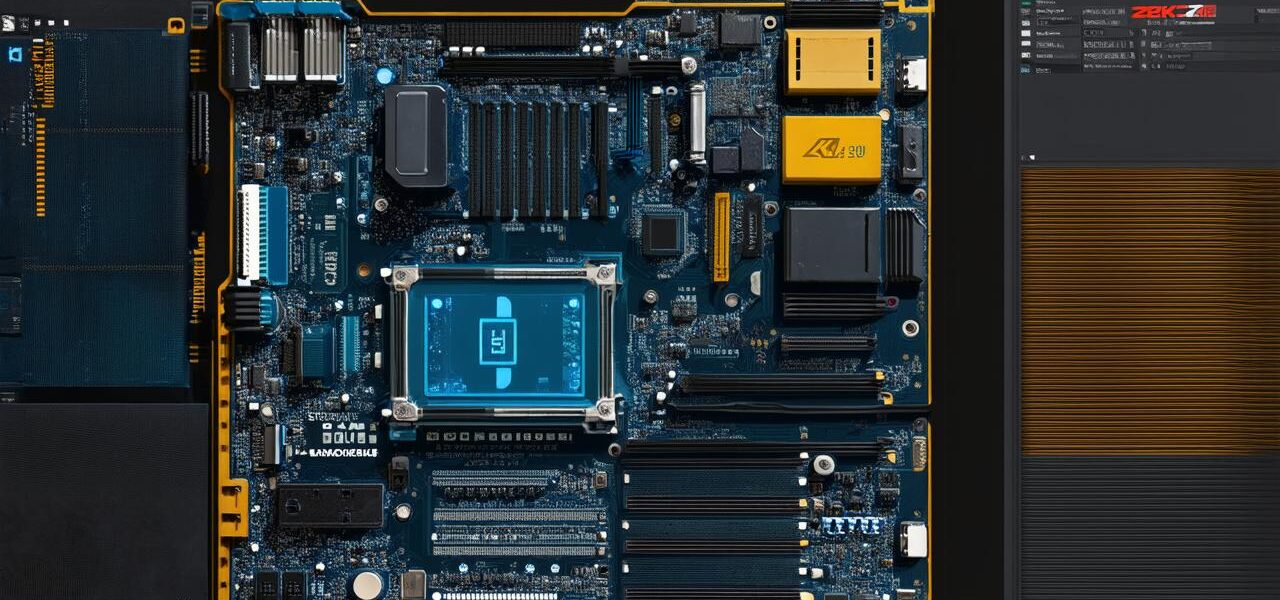Introduction
Video game design is a highly competitive field that requires a unique blend of creativity and technical skills. If you’re interested in pursuing a career as a video game designer, you may be wondering what kind of degree or education you need to get started. In this article, we will explore the various degrees and certifications available for aspiring game designers and discuss the pros and cons of each.
Bachelor’s Degree in Game Design
A Bachelor’s degree in game design is a popular choice for those looking to enter the field. These programs typically provide students with a solid foundation in game development principles, including programming, art, and animation. Additionally, many game design programs offer specialized courses on game theory, game mechanics, and player experience.
Pros:
- A Bachelor’s degree in game design can provide a well-rounded education that covers both technical and creative aspects of game development.
- Many employers prefer candidates with a Bachelor’s degree in game design, as it demonstrates a commitment to the field.
- A Bachelor’s degree can also open up opportunities for further study and specialization in specific areas of game design.
Cons:
- A Bachelor’s degree in game design can take four years or more to complete, depending on the university and program requirements.
- The cost of a Bachelor’s degree can vary widely, depending on the school and location.
- A Bachelor’s degree may not provide as many job opportunities in certain areas of game development, such as art or animation.
Master’s Degree in Game Design
A Master’s degree in game design is a more advanced level of education that is typically pursued by those who already have a Bachelor’s degree in the field. These programs provide students with in-depth knowledge and experience in specific areas of game development, such as game theory, artificial intelligence, or virtual reality. A Master’s degree can also provide opportunities for research and collaboration with other professionals in the industry.
Pros:
- A Master’s degree in game design can provide a more specialized education that focuses on specific areas of interest within the field.
- Many employers prefer candidates with a Master’s degree in game design, as it demonstrates a higher level of expertise and dedication to the field.
- A Master’s degree can also open up opportunities for teaching, research, and leadership roles in the industry.
Cons:
- A Master’s degree in game design can take two years or more to complete, depending on the university and program requirements.
- The cost of a Master’s degree can be significantly higher than a Bachelor’s degree, depending on the school and location.
- A Master’s degree may not provide as many job opportunities in certain areas of game development, such as entry-level positions in art or animation.
Certification Programs in Game Design

In addition to traditional degrees, there are also certification programs available for game designers. These programs typically provide students with a focused education on specific skills or technologies within the field. Some popular certification programs include:
- Unity Certified Developer (UCD)
- Autodesk Certified 3D Artist (AC3DA)
- Game Audio Certification (GAC)
Pros:
- Certification programs can provide a more focused education that targets specific skills or technologies within the field.
- Many employers prefer candidates who have completed certification programs in game design, as they demonstrate a commitment to the field.
- Certification programs can also provide opportunities for ongoing learning and professional development.
Cons:
- Certification programs can be expensive, depending on the program and provider.
- Some employers may view certifications as less valuable than traditional degrees, especially at entry-level positions.
- Certification programs may not provide the same level of general knowledge and understanding of the game design industry as a degree program.
Case Studies
To better understand what kind of degree is needed to be a video game designer, let’s look at some real-life examples:
Conclusion
When it comes to pursuing a career as a video game designer, there are many different paths you can take. Whether you choose to pursue a Bachelor’s or Master’s degree, complete a certification program, or go the self-taught route, the most important thing is to demonstrate your commitment and expertise in the field. With hard work and dedication, you can achieve your goal of becoming a successful video game designer.




